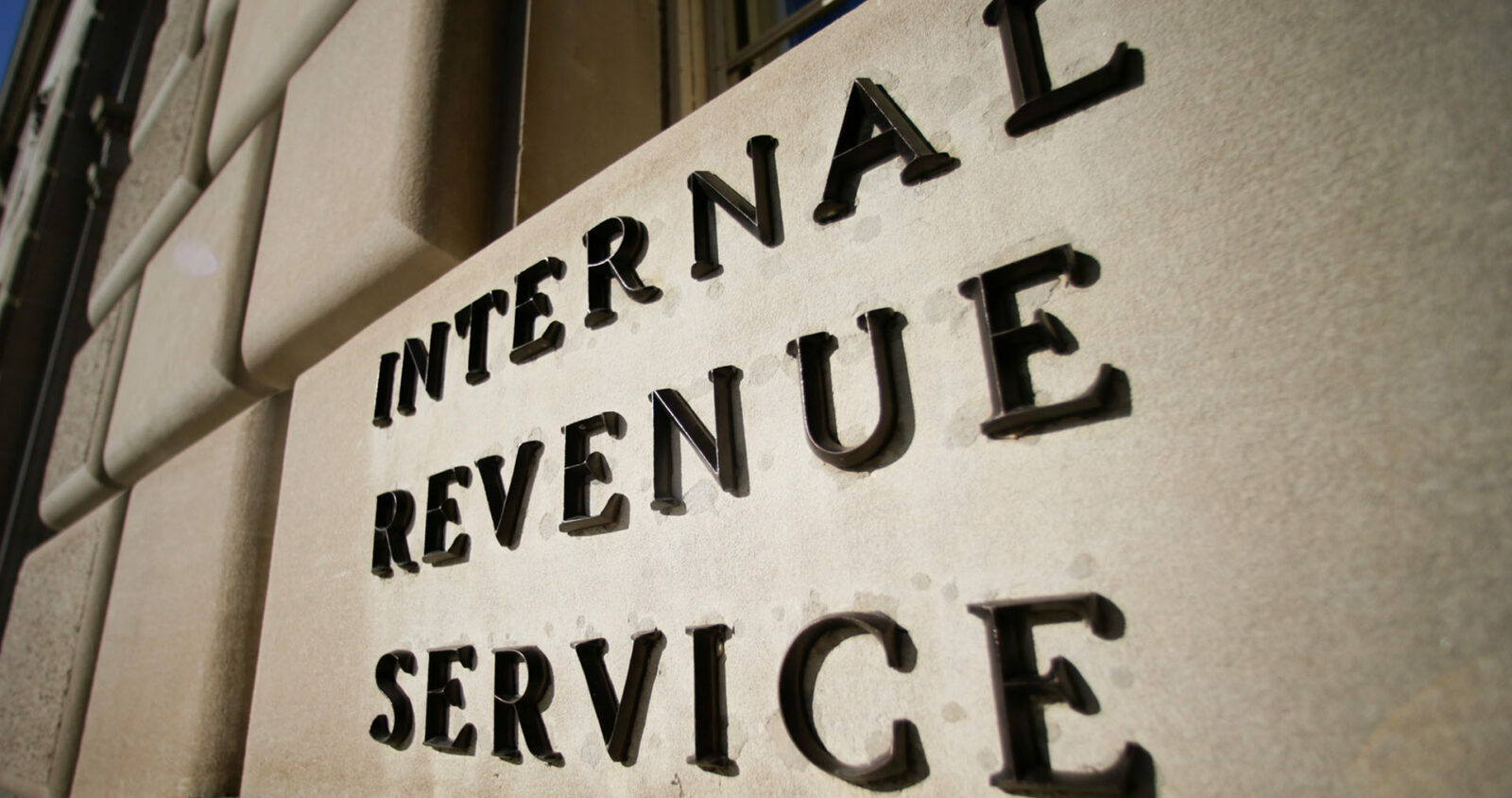IRS Refund Delays and Questionnaires

Recently we have seen a number of clients who filed legitimate returns find themselves questioned by the IRS before release of their refunds. This scrutiny is nothing new, and is a characteristic of the IRS trying to prevent successful attempts at identity theft. However, it is becoming more pervasive, and is causing a few problems.
The issue typically materializes as follows: Weeks (or months) after filing a Form 1040, an unsuspecting taxpayer opens an envelope from the IRS, perhaps hoping it contains an expected refund check. Instead, it contains a form letter. There are several variants of the letter, including Letter 4883C, 5071C, 5447C, and 5747C. In each case, the IRS has determined that it should verify the identity of the taxpayer before processing the return and/or issuing a refund. Each letter requires very specific action on the part of the recipient, which (depending on the letter) may include contacting the IRS by phone, mail, online, or in person. The letter will list a number of items that the taxpayer should recall or collect and have on hand before responding.
Certainly extra care is warranted to avoid sending a refund to the wrong person – especially in the case of identity theft fraud. Those who have been victims can attest that it is a massive hassle to sort out THAT kind of mess with the IRS, and it can take up to a year to resolve it. But calibrating its testing so tightly that innocent taxpayers are under undeserved scrutiny creates problems of its own, including the following:
Hassle – Even if things go well, it obviously is a nuisance to have to prove one’s existence and identity before collecting a refund of one’s own money. Anecdotally, we understand that of the numerous questions asked in some of these letters, a single slip-up can derail the process, potentially causing a phone call to be converted into an in-person office visit, scheduled at the IRS’s convenience. Also, while the taxpayer’s tax return preparer can (with a Power of Attorney) participate in a call, unlike most instances, tax advisors cannot take their client’s place; the taxpayer must be part of the call.
Delay of needed refunds – Due to the reaction to the coronavirus, the IRS already is stretched beyond its administrative capacities and efficiencies. And often financially – so are taxpayers. Returns that already may be processed later than usual will be delayed even longer pending resolution of these identification protocols.
Concerns that the IRS actions are, themselves, part of an attempted identity theft – These form letters are unfamiliar to most people, and with the near-constant warnings of potential identity theft in the media (and from us!), people are properly suspicious when receiving letters requesting highly personal information, and plenty of fraudsters have posed as the IRS. Often poorly written or illogical requests can indicate that correspondence did not originate from the real IRS, but one such (legitimate) letter asked the recipient to write his/her tax ID number on a blank line on the letter as part of the response, and that very same ID number was printed by the IRS on that very same page, just a couple inches from where the respondent is asked to rewrite it. So unfortunately, these letters may be mistaken for fraudulent correspondence, when they instead are pesky, but real.
There appears to be nothing you can do to prevent this – The IRS has not shared what criteria they use to determine which refunds are subject to interrogation and which ones are not. However, it seems clear that their filters are calibrated pretty tightly, and it has attracted some attention. The Taxpayer Advocate’s office is a body of government outside of the IRS that is charged with overseeing the quality of the IRS’s efforts. In a recent report to Congress, it noted that “false positives (were) as high as 71 percent; and (there was) inadequate information as to the reasons for refund delays and what steps taxpayers can take to expedite the process.”
Anyone who receives any correspondence fishing for confidential information should continue to be vigilant and suspicious of whether the source is legitimate. However, understand that the IRS has increased its use of Letters 4883C, 5071C, 5447C, and 5747C, and if you want your refund, you will be forced to assuage their concerns.
For more information or a discussion on how this may impact you, please contact your BNN advisor at 800.244.7444.
Disclaimer of Liability: This publication is intended to provide general information to our clients and friends. It does not constitute accounting, tax, investment, or legal advice; nor is it intended to convey a thorough treatment of the subject matter.


